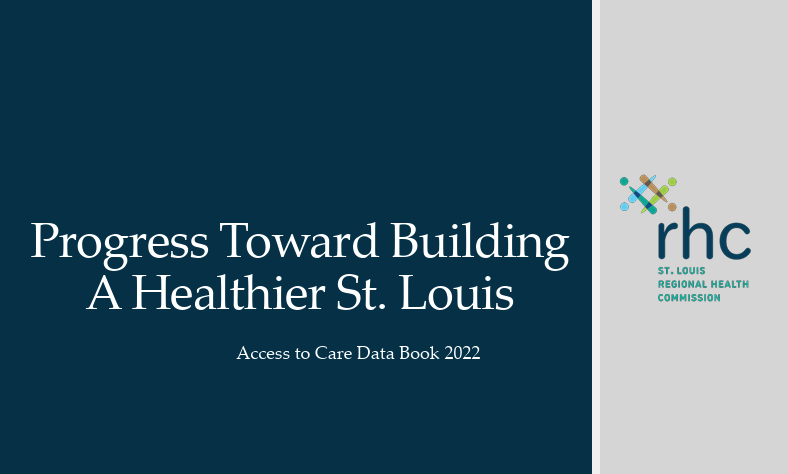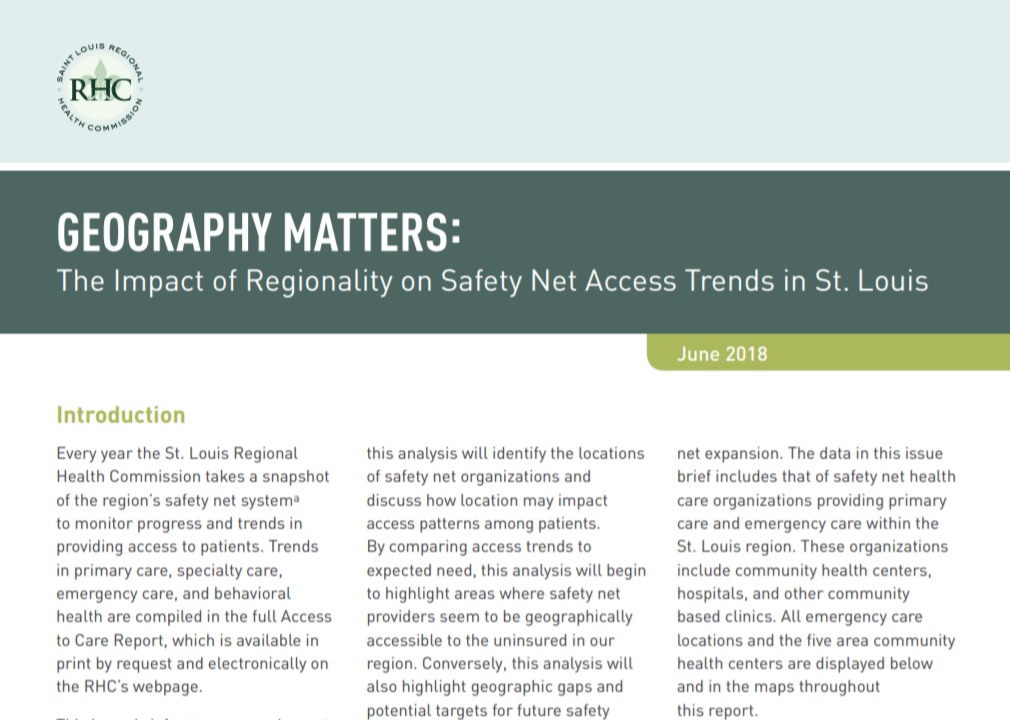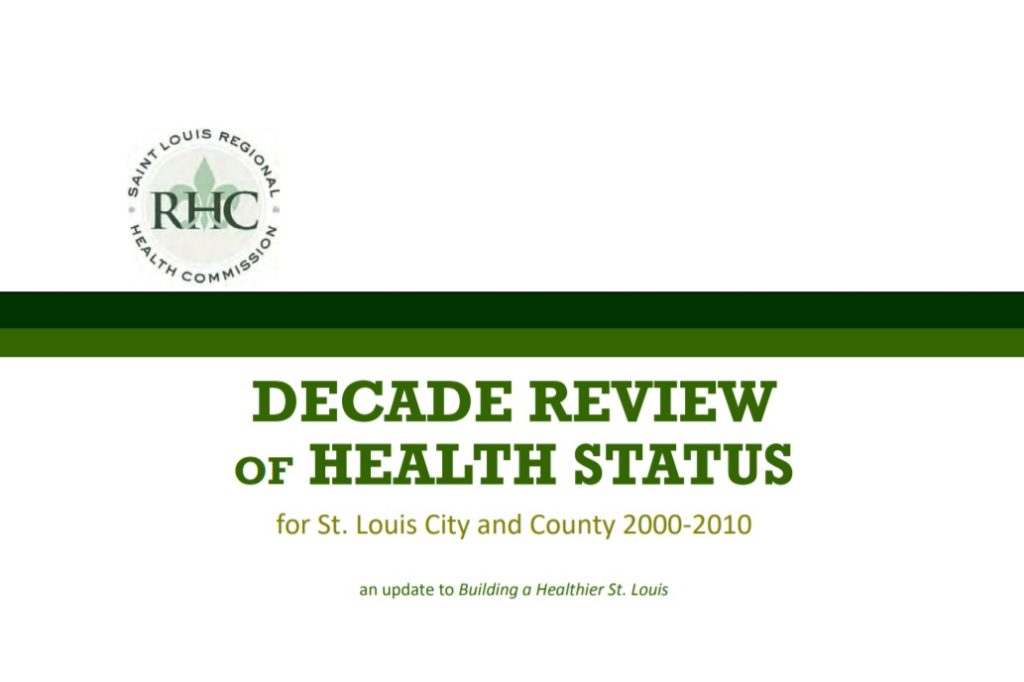Access to Care

Redefining How We Understand Health Access
For years, the Regional Health Commission (now CHCM) produced the Access to Care Data Book—a trusted, annual resource that tracked our region’s progress in strengthening the healthcare safety net. This report offered valuable insights into the capacity of our safety net system, the experiences of uninsured and underinsured patients, and the policies shaping access to care.
But access to care isn’t just about numbers—it’s about people.

a new approach
Centering Lived Experience
In partnership with the University of Missouri–St. Louis (UMSL) Community Innovation and Action Center (CIAC), we are reimagining how we understand and communicate about access. Instead of relying solely on charts and statistics, we’re embracing storytelling and experiential data—centering the voices of those most directly impacted by Missouri’s health and social systems
We believe that community members are the experts of their own experience. By uplifting their stories, we are better equipped to:
- Advocate for policy changes that reflect real needs
- Address social determinants of health
- Improve outcomes and expand access statewide
What’s Next
While we’ve paused the traditional data book format, we are actively building a new model—one that highlights systemic barriers, amplifies real voices, and helps redefine what it means to achieve true health equity.
Stay tuned for updates as we shape this next phase of our work.

